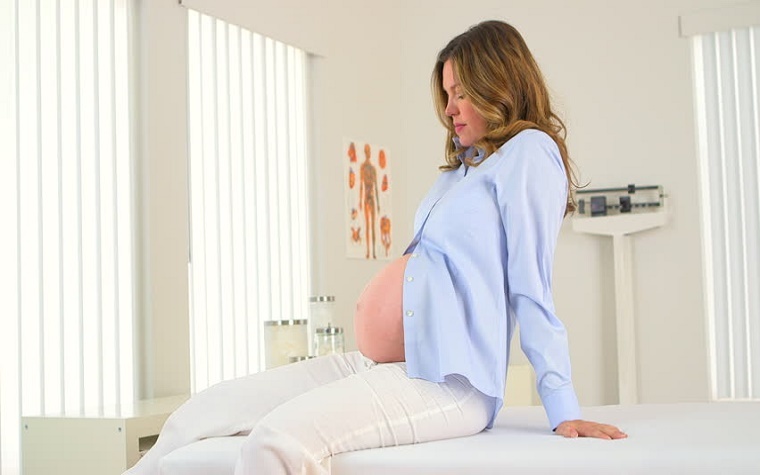
National Institutes of Health (NIH) scientists have discovered that extreme temperatures may increase the risk of preterm birth.
Both extreme hot and extreme cold temperatures throughout pregnancy were influential variables in the study. Specifically, if these temperatures were found during the first seven weeks of the woman’s pregnancy, she was more likely to have an early delivery. In addition, women who experienced extreme heat throughout most of their pregnancy terms were more likely to have earlier deliveries.
“Our findings indicate that it may well be prudent to minimize the exposure of pregnant women to extremes in temperature,” Dr. Pauline Mendola, the study’s senior author and an epidemiologist at the Eunice Kennedy Shriver National Institute of Child Health and Human Development, said.
The scientists also discovered further consistent associations when the women experienced extreme heat compared to extreme cold. They attributed this to the fact that people typically find shelter from cold weather while they may endure extreme heat without seeking air conditioning. This may be due to the cost of air conditioning.